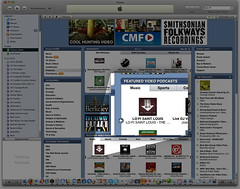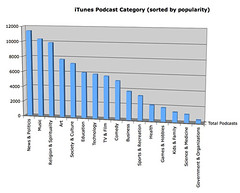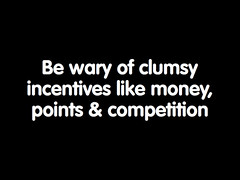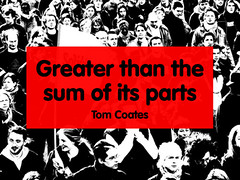Here's the summary.
A content syndication platform, such as a web content syndication platform, manages, organizes and makes available for consumption content that is acquired from the Internet. In at least some embodiments, the platform can acquire and organize web content, and make such content available for consumption by many different types of applications. These applications may or may not necessarily understand the particular syndication format. An application program interface (API) exposes an object model which allows applications and users to easily accomplish many different tasks such as creating, reading, updating, deleting feeds and the like. Further, in at least some embodiments, a user can subscribe to a particular web feed, be provided with a user interface that contains distinct indicia to identify new feeds, and can efficiently consume or read RSS feeds using both an RSS reader and a web browser.
It's like some Microsoft stooge desided to start an write up a specification for a news read and the first step in documenting the process was to apply for a patent on it while there's not a single new or original idea in the entire application. If it were car it'd be like the first step would be patenting the idea of putting wheels and an engine on a car. Quite simply and plainly put it's 100% patent spam. Much like spam in your email it has absolutely no value and serves only to further gum up our already very troubled U.S. patent system.
Spam is a problem with any open system... but ussually it's one we hear about with email, or comment spam, or mailing list spam... done by individuals or small groups of individuals on the dregs of society... and usually it has legal reprecussions as with email spam or telemarket spam.
However, in the world of patent spam increasingly the biggest offenders are large companies and corporation that quite often are doing the least amount of innovation as is clearly the case in this patent from Microsoft. The guys out there doing the innovation, the innovation that patents were originally SUPPOSED to encourage are increasingly discouraged in having to defend themselves agains such crap. The weight on innovators, the patent system and above all on the judicial process is becoming a huge factor in the tech industry.
Mefeedia as well as hundreds if not thousands of others have already implimented nearly every method for which Microsoft is applying for a patent on.
Here's some of the points it covers.
- covers a method of storing "enclosures" or downloaded media in the file system on devices or software that don't read RSS
- the creation of a "post queue"... (such as my queue on mefeedia)
- simplified method's for subscribing to RSS feeds... (such as mefeedia's single click subscription and single click queuing system, much like every other aggregatory webservice)
- a "feed store" which stores both a list of subscribed feeds and feed data (Wow that's genius, at mefeedia we just call these "feed stores" databases.)
- the syncronization of feed data between the webservice and software and devices explicitely mentioning media players and digital image viewing applications (At mefeedia we deliver RSS to desktop news readers via RSS, OPML, XML and of course anything that can read HTML.)
- the presenting of feed data to non-syncdication aware applications... such as when applications like mefeedia, google reader, and bloglines present data for mobile devices or TV devices that don't recognize RSS (Like I said, at mefeedia we display data in whatever format a device desires, OPML, XML, HTML, and many others... bloody brilliant. In addition we'll deliver information in the future to such devices anyway the end user like, text messages, email, WAP, mMode, who know. We always thought we were brilliant, but brilliant more along the lines of obvious.)
There's more, but frankly I think you get the point.
The patent: United States Patent Application: 0060288011
Oh, and let's not forget microsoft's content syndication platform
A content syndication platform, such as a web content syndication platform, manages, organizes and makes available for consumption content that is acquired from the Internet. In at least some embodiments, the platform can acquire and organize web content, and make such content available for consumption by many different types of applications. These applications may or may not necessarily understand the particular syndication format. An application program interface (API) exposes an object model which allows applications and users to easily accomplish many different tasks such as creating, reading, updating, deleting feeds and the like.
Bloody brilliant!
Via: Techdirt: Because The Patent System Sucks, The Only Thing To Do Is File For More Bad Patents










 Podcast Ready
Podcast Ready From a presentation by Tom Coates,
From a presentation by Tom Coates, 
























